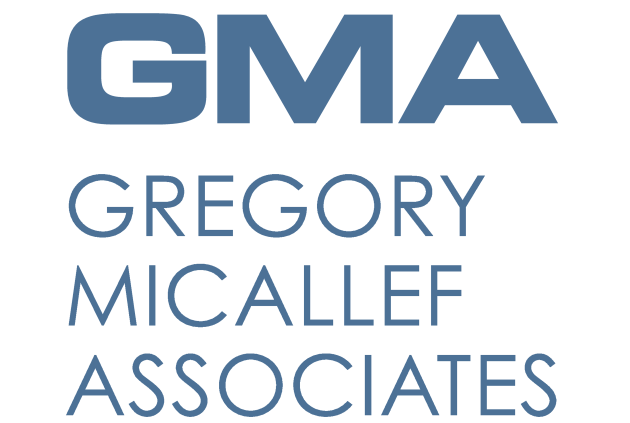An Amazon patent from 2015 appears to indicate that Amazon may consider ‘surveillance as a service’ using a swarm of its delivery drones armed with CCTV, as a monetising opportunity in the future.
Patent
The details in the patent foresee customers paying for a tiered service that employs the onboard cameras of Amazon’s delivery drones visiting users’ homes in-between delivery routes and filming irregularities and potentially suspicious activities. For example, the cameras could potentially be programmed to detect evidence of break-ins and lurkers on/near a property, and the onboard microphones could even be programmed to detect suspicious noises such as breaking glass.
Tiered Service
It is thought that such a service could offer different tiers of service (reflected by different pricing) based upon factors such as frequency of visits e.g. daily or weekly, monitoring type e.g. video or still, and alert type e.g. SMS, email, a call or via app ‘push’ notifications.
Privacy
There are likely to be some obvious privacy concerns with a private company using its drones to film an area where it has a customer. However in doing so, avoiding filming an area where it does not have permission to film would present a challenge.
The Amazon patent suggests a possible remedy in the form defining a “geo-fence” around the area that does have permission to be filmed so that the drone’s surveillance activities can be focused (to an extent). The patent appears to accept, however, that some filming of the outside area of the fence could occur.
National Surveillance Camera Day
In a world first, last week the UK played host to an awareness-raising National Surveillance Camera Day on 20th June as part of the National Surveillance Camera Strategy. As part of the day’s events, an “doors open” initiative allowed the public to see first-hand how surveillance camera control centres are operated at the premises of signatories to the initiative in the UK e.g. local authorities, police forces, hospitals, and universities.
Drone Research Reveals Negative Perceptions Among The Public
For the most part, people accept that the presence of CCTV surveillance cameras in public areas, operated by local authorities, and the presence of CCTV on business premises are generally for the greater good as a crime-reduction tool.
The same cannot be said for drone-based surveillance. For example, new research from the PwC has shown that public perception remains a barrier to drone uptake in the UK. The results of the research showed that less than a third of the public (31%) feel positive about drones, and more than two-thirds are concerned about the use of drones for crime. In contrast, businesses appear to have a much more positive perception of drone use with 35% of business leaders saying that drones aren’t being adopted in their industry because of negative public perceptions despite the fact 43% of those business people who were surveyed believed that their industry would benefit from drone use.
What Does This Mean For Your Business?
Amazon is a company that has continued to grow and diversify into many different areas in recent years, embracing and pioneering many different technologies along the way, such as parcel delivery drones. It is not unusual for companies, particularly big tech companies to introduce many patents with many new ideas. In that sense, it’s difficult to criticise Amazon for wanting to get maximum (monetising) leverage from its delivery drones from a business perspective.
There remain, however, some serious challenges to the ideas in the drone surveillance patent including privacy concerns, and problems with current negative public perceptions of drones. This will require education around case-use for drones, and re-assurance around regulation and accountability – this is a public company and could be one of many using the skies to offer the same service once the floodgates are opened.
For some businesses, however, as identified by the PwC and by Amazon’s patent, drones potentially offer some great new business opportunities. It should also be noted that drones can offer some potentially life-saving opportunities, such as the human kidney for transplant that was delivered by drone, in the first flight of its kind, to a Medical Centre in Baltimore in May this year, thereby getting the organ to the surgeons much faster than by road.
For Drones it seems, there remains many opportunities and challenges to come.


